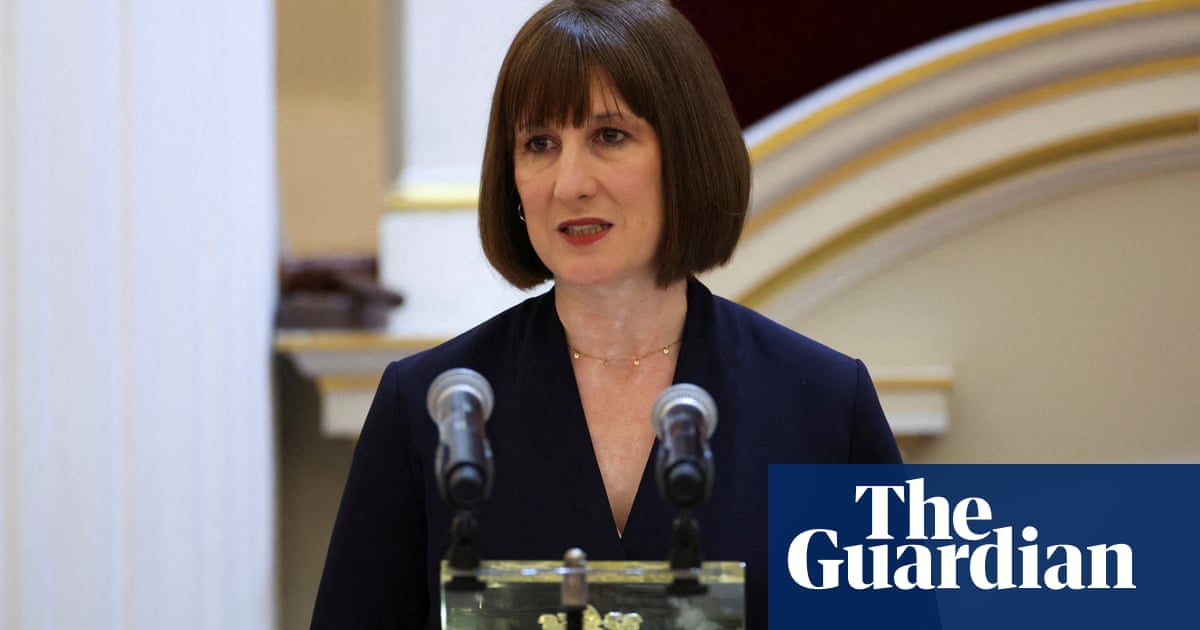Spain’s economy minister has urged the world’s richest countries to “be brave” and redouble efforts to reach an agreement on a global minimum tax on the world’s 3,000 billionaires, saying recent elections have shown citizens are demanding “redistribution of wealth”.
Speaking during a visit to London before the gathering of G20 leaders in Rio de Janeiro on Monday, Carlos Cuerpo said the plan had gained political momentum since the summer, when finance ministers agreed to work together to “ensure that ultra-high-net-worth individuals are effectively taxed”.
Brazil, which backs proposals to raise an estimated $250bn a year from the world’s billionaires by ensuring they pay taxes worth at least 2% on their assets, is expected to push for formal negotiations on global wealth taxes when it hosts next year’s Cop climate summit. France, Germany and South Africa have expressed support, saying the money is needed to help climate-vulnerable nations and drive green investment.
“There is this moment where you have to be brave and where you just have to do things that you are convinced are right” said Cuerpo. “There is an element here of redistribution of wealth that, if we listen carefully to the results of many of the elections that have taken place over the last years, that has been demanded by our citizens, by our population. So we have to somehow respond to that.”
Cuerpo, an economist who led the Spanish treasury before entering government last December, was appointed as an independent minister to oversee the economy, trade and business by the socialist prime minister Pedro Sánchez.
Concern in Spain over the climate crisis has reached new heights after flash floods in Valencia this month caused more than 200 deaths and extensive damage to homes and infrastructure. Among EU nations, Spain is at the sharp end of climate change. Barcelona, the country’s second-largest city, is racing to build desalination plants in order to ensure future water supplies during droughts.
Despite the havoc caused by changing weather patterns, the Spanish economy is booming, with the International Monetary Fund predicting it will have grown 2.9% this calendar year – faster than all of the G7 economies including the US. The bounce is partly due to tourism, which has come roaring back after the pandemic, bringing its own complications with overcrowding and pressure on water supplies and other resources.
But Cuerpo has said renewables and other green investment projects are part of the growth engine. Spain has been given €160bn in EU loans and grants to recover from Covid, and has diverted a chunk of the cash into decarbonisation. A third of its electricity last year came from wind and solar. “Investing in renewables in Spain is a factor that is driving our competitiveness up,” said Cuerpo.
Another post-Covid measure has been to tighten the national wealth tax. The system in place dates back to 2011, after the financial crash, and applies to those with more than €700,000 in assets. In 2022, the Sánchez government closed loopholes so that Madrid and other regional governments could no longer opt out.
Although Rachel Reeves, the UK chancellor, was criticised for making no mention of wealth taxes in her first budget last month, outside Britain the idea is gaining support. France’s Assemblée Nationale voted on 25 October for an annual 2% levy on those with assets worth more than €1bn. While the measure was opposed by the government, and may not survive the complex budget negotiations, it was supported by a majority of the parliament.
During Covid, the world’s five richest men doubled their wealth. Donald Trump’s successful campaign to become the next US president, with a mandate to cut taxes and deregulate, has led to their fortunes increasing further. According to research by the pioneering economist Gabriel Zucman, billionaires pay an average of 0.3% tax on their wealth – a fraction of the rates paid by workers.
Zucman is the architect of the global wealth tax scheme being promoted by Cuerpo and his allies in Brazil and beyond. It is based on the minimum 15% tax rate imposed on multinationals as of this year and now adopted by more than 50 countries. Supporters have said it is not necessary for every country to sign up for the idea to get off the ground. If billionaires relocated to tax havens, for example, their countries of origin could impose exit taxes.
In July, finance leaders from every G20 country agreed to “engage cooperatively to ensure that ultra-high-net-worth individuals are effectively taxed”. When the leaders of the 20 richest nations meet in Brazil this week, they will be asked to confirm that commitment.
Cuerpo said he would push to the put the plan on the agenda at the UN development finance summit in Seville next summer, and work closely with Brazil to ensure discussions are coordinated with the preparations for Cop30.
For governments seeking more equal taxation, the political air cover of an international agreement could be an easier option than clashing with their most powerful citizens and armies of well-paid lobbyists. “The bigger the coordination or the larger the coordination, the easier it is to implement,” said Cuerpo. “It minimises the political capital costs”.

.png) 1 month ago
12
1 month ago
12













































